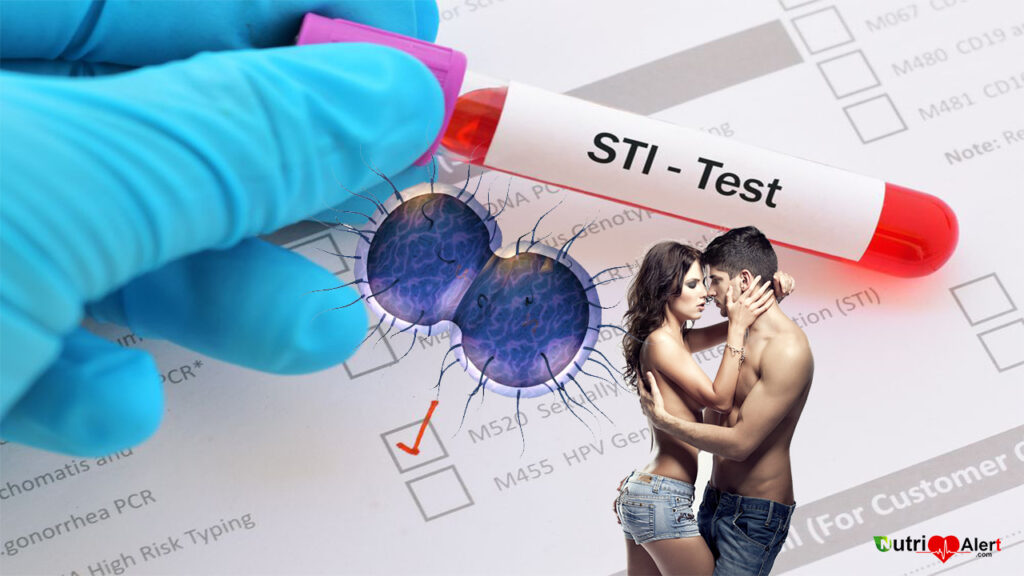Sexually Transmitted Infections: The general well-being of every person includes their sexual health. Its breadth is extensive, embracing sexual health in terms of one’s physical, emotional, and social well-being. The World Health Organization (WHO) estimates that more than one million STIs are contracted each day across the globe. A key component of sustaining healthy physical sexual health is the absence of sexually transmitted infections and illnesses such acquired immunodeficiency syndrome (AIDS), hepatitis B, gonorrhoea, and syphilis. For one’s sexual health, it is essential to comprehend the signs and symptoms of such disorders as well as how to avoid them.
STIs can cause a variety of different body areas to experience mild to severe symptoms. While some STIs do not cause symptoms, others may take a few days or even years to manifest.
Foods that affect your Brain and reduce your intelligence | Breast cancer patients can choose a smaller surgery for cure
Watch Out For These symptoms:
- Pain during sexual activity
- pelvic and testicular pain
- dark urine or discomfort while urinating
- unusual genital discharge or anus
- Blisters, tiny lesions, or itchiness near the genitalia
- bleeding during periods or after sexual activity
There are several preventive precautions one can take to avoid having or transmitting STIs, from exercising prudence to using contraceptives to receiving vaccinations.
Stop Sexually Transmitted Infections
Vaccination: There are vaccines for STI prevention, including those for hepatitis B and the human papillomavirus (HPV).
Physical birth control: The danger of coming into touch with your partner’s bodily fluids can be decreased using condoms and other barrier techniques, which lowers the possibility of catching an illness from such an exchange.
Routine Tests: Regular STI testing will enable you to detect an infection early on and stop it from spreading to partners.
Communication: It’s crucial to be honest with your sexual partners about your test findings and past relationships. You stand a better chance of avoiding contracting a STI in this manner.
Prevention of Illness: Pre-exposure prophylaxis (PrEP), a preventive medication, can be discussed with a healthcare provider by those who are more likely to become infected with the human immunodeficiency virus.
Limiting the variety of partners for sexual activity: The likelihood of having sex with someone who has an uncontrolled/asymptomatic STD increases with the number of sexual partners you have (STD)
If you experience any (Sexually Transmitted Infections) STI symptoms, you should see a doctor right once.

